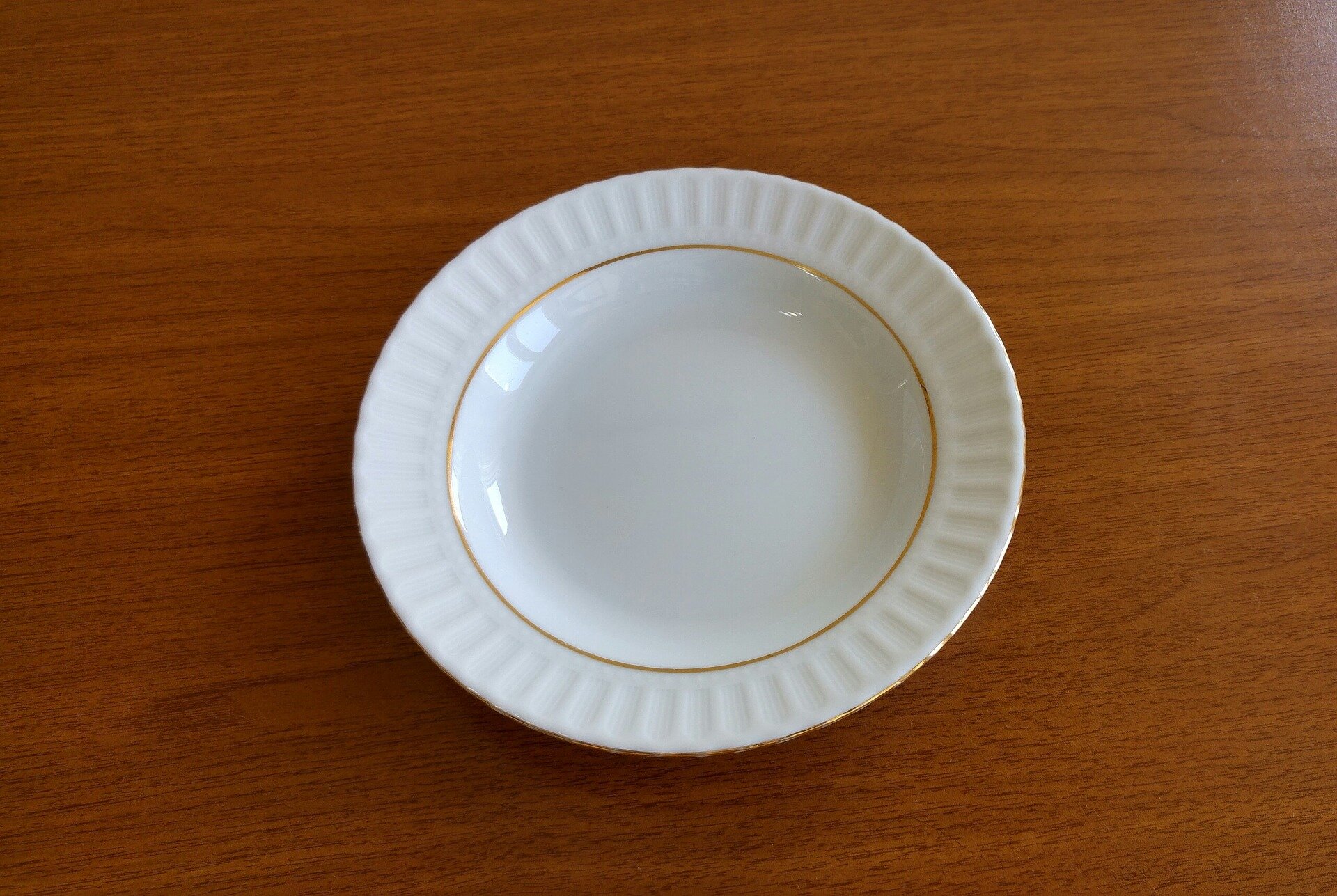In 2007, researchers at the Duke University School of Medicine studying caloric restriction in humans set out on Phase 2 of what were called the CALERIE Trials (Comprehensive Assessment of Long term Effects of Reducing Intake of Energy).
Completed in 2012, the study created the most comprehensive randomized placebo-controlled trial dataset that had ever been complied on the effects of caloric restriction, which since the early 2000s has been hypothesized as an ameliorator of the various effects of aging.
Under such a hypothesis it’s no wonder so many researchers were eager to get their hands on the data, and why more than 80 studies have been published between the Phase 1 and Phase 2 results.
Comprehensive physiologic, psychologic, quality of life, and cognitive assessments were conducted on the participants, and extensive collections of biological samples were taken that include serum, plasma, urine, and biopsies from skeletal muscle and adipose tissue, further flushing out the thoroughness of the data.
All the resulting papers examine the CALERIE study cohort, which consisted of 218 non-obese individuals between the ages of 20 and 50. 143 of them had a diet of 25% reduced calorie intake (CR group), and 75 were allowed total eating freedom (AL group). Assessments were generally made every 6-12 months.
In a special 2-part series, WaL will analyze the more than 80 studies produced in the wake of this monumental trial, and parse out what an individual can gain from calorie restriction.

Inflammation and oxidative stress
While inflammation is key to wound healing and injury recovery, it accentuates the aging process along with a host of other diseases such as autoimmune disorders, viral and bacterial defense, and more. Oxidative stress on the other hand has no good side, and is generally always considered a bad biomarker. It’s produced when cells are damaged by oxygen atoms, called free radicals, or reactive oxygen species, when they pull electrons away from other atoms.
The CALERIE Trials produced several papers on the effects of calorie restriction (CR) on inflammation and oxidative stress.
While mice were found to have impaired immunity to certain pathogens when existing on CR, an examination of the most common inflammatory signs in humans, known as c-reactive proteins, particularly one called TNF-alpha, found that they were 40% to 50% lower in the CR group compared to the AL group. Unlike the mice, the participants exhibited no impaired immunity to infection or other insults.
It’s rare that anything can reduce inflammatory markers by 50%, and since they drive the aging process, the finding is dramatic.
Another study, that was later replicated, looking at this topic was one which measured levels of oxidative stress markers called F2-isoprostanes in the urine of the participants. These levels were significantly lower in the CR group, suggesting that there’s a reduction in the damage free radicals are able to do inside cells operating on CR. One hypothesis is that free radicals are normally produced and contained within mitochondria, which is also where several critical metabolic processes like the electron-transfer chain and the Krebs Cycle take place.
Less food, less oxidation, fewer free radicals, one might imagine.
While looking for connections between inflammation, working memory, sleep, and CR, the CALERIE Trials cohort produced evidence that interleukin-6, (IL-6), another principal inflammatory marker, affected sleep hours, memory performance, and energy uptake, all of which were decreased under conditions of CR.
CR clearly has beneficial effects on the inflammatory systems in our body, which in obese, sedentary, and overfed conditions become exasperated. Fortunately it seems it’s also an effective tool for sustained weight loss.
Cardiometabolic health
If you lump together cardiovascular and metabolic disease, you have the largest killer of humans on earth. Most of these are entirely preventable by any number of means, such as eating and sleeping well, sauna use, exercise, and the adoption of healthy lifestyle choices such as caloric restriction.
In all the studies, weight loss, unsurprisingly, was observed over the 24 months of CR, which on its own would catalyze all manner of cardiovascular disease risk improvements, but here we will look to see if CR created its own benefits, beyond what was observed with weight loss.
A study that smartly added 25% CR plus exercise into the normal groups of AL and CR, parsed out some very good data on the effects of CR on cardiovascular disease (CVD) risk. Looking at CVD markers like triacylglycerol and LDL cholesterol, the researchers found that 10-year risk of CVD fell by 29% in the CR group, but 39% in the CR plus exercise group, after only 6 months.
A similar reduction effect was found in participants who were controlled for total cholesterol, LDL, blood pressure, and 10-year CVD risk. The trial went further to examine insulin resistance and found that during the period of weight loss, insulin resistance fell, but ceased to change during the weight management period.
One study found all these benefits in addition to the overall metabolic syndrome score, were all improved even after subjecting the research to a sensitivity analysis.
Another study looking at the markers for coronary heart disease found similar improvements, while researchers measuring the left-ventricular strength and function recorded stronger hearts in the CR group.
In the second part of this WaL two-part review, more information and studies will reveal everything from spontaneous physical activity to memory performance under conditions of CR. WaL
Continue exploring this topic — Caloric Restriction — Fasting Mimicking Diet Shown to be a “Safe and Effective Supplement” to Chemotherapy in Breast Cancer Patients
Continue exploring this topic — Fasting — New Intermittent Fasting Program Suppresses Cancer and Metabolic Disease in Mice and Humans
Continue exploring this topic — Aging— Chronic Inflammation Lowers NAD+ Linking Two Critical Aging Pathways Together



